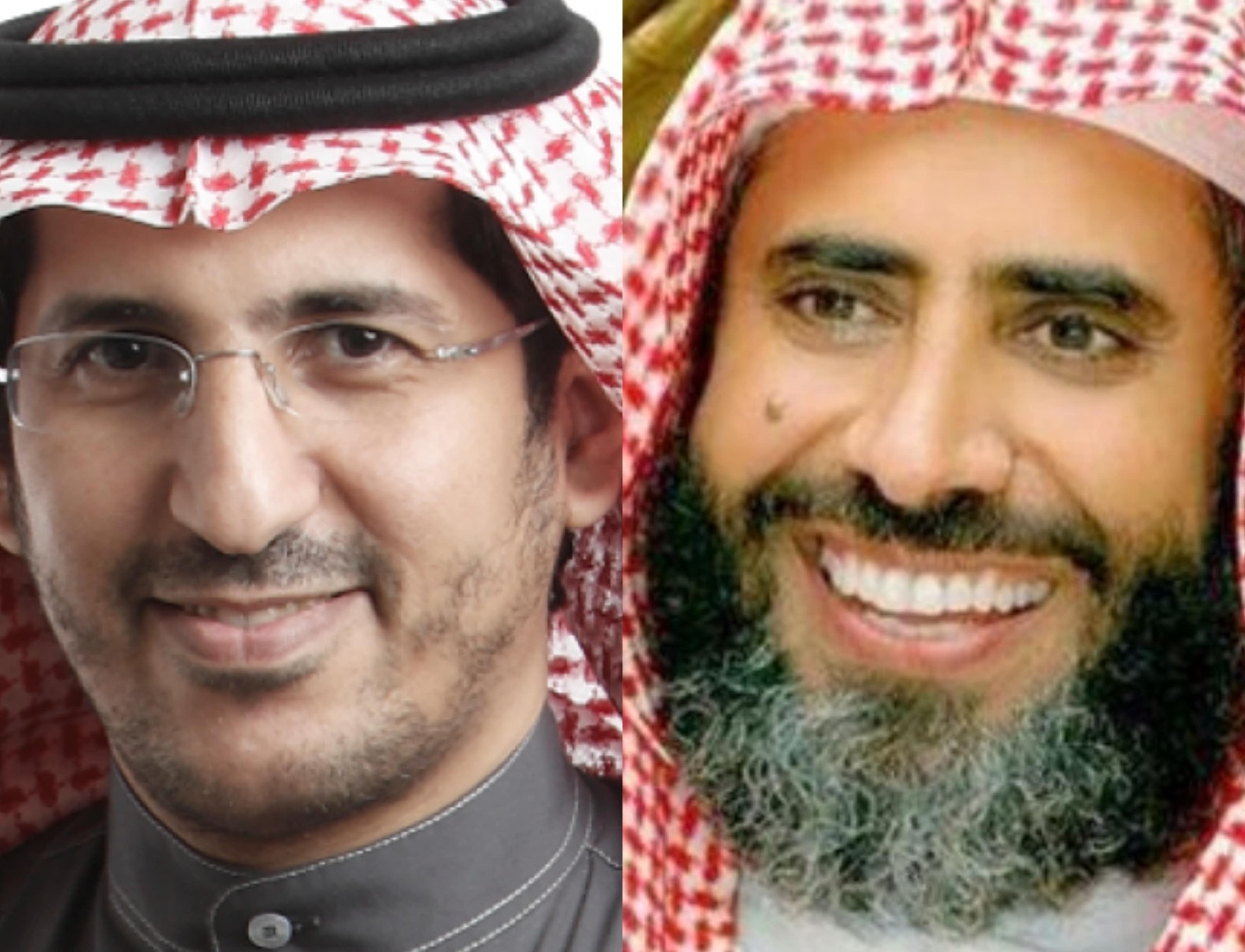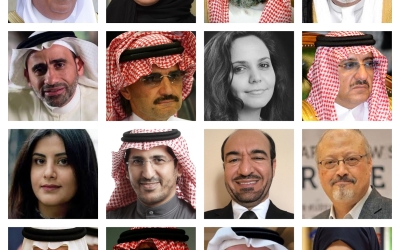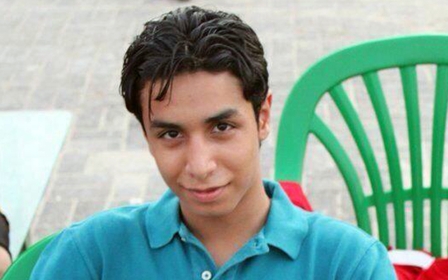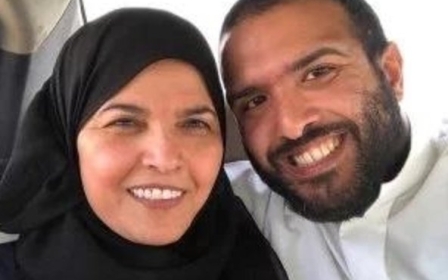Twitter suspends accounts, removes verification of Saudi political prisoners

Twitter has removed the blue verified badge from the accounts of several Saudi political prisoners, including two prominent clerics who were detained in a crackdown against reformists, activists and government critics.
Among those whose verification label has been removed are Ali al-Omary and Awad al-Qarni, two senior religious figures who have been jailed since 2017. They were seized during a purge that followed Mohammed bin Salman's rise to the position of crown prince.
Similarly, the accounts of the Saudi philanthropist Khaled al-Mohawesh and journalist Khaled al-Alkami, also jailed in the 2017 purge, had their blue tick removed, according to the advocacy Twitter account Prisoners of Conscience. It added that the account of economist Essam el-Zamil, another political prisoner, has been suspended. He tweeted under the handle @Essamz.
'While there is a policy to remove inactive accounts, those who are forcibly disappeared or arbitrarily detained should be treated as an exception'
- Abdullah Alaoudh, research director, DAWN
The wave of arrests nearly four years ago targeted feminist and human rights activists and powerful business figures in what has been seen as a campaign to eradicate dissent in Saudi Arabia.
Middle East Eye has contacted Twitter for comment but has not received a response by the time of publication.
New MEE newsletter: Jerusalem Dispatch
Sign up to get the latest insights and analysis on Israel-Palestine, alongside Turkey Unpacked and other MEE newsletters
Qarni, a preacher, academic and author, was arrested in September 2017 along with Omari and the famous Sunni scholar Salman Odah, and the three face the death penalty.
The clerics were believed to have been arrested mainly because they did not back Mohammed bin Salman’s policy towards neighbouring Qatar, which, until last month, had been facing a blockade by Saudi Arabia and its allies in the Gulf.
Riyadh and its allies accused Doha of "sponsoring terrorism", though it is widely believed Qatar's independent foreign policy and ties to Iran lay behind the spat.
Qarni, Omari and Odah are independent scholars with a large following amongst Saudi and Arab youth, and were members of the “Sahwa Movement” in the early 1990s, which called for democratic reforms in the kingdom.
'Uncalled for'
Abdullah Alaoudh, research director for the Gulf at Democracy for the Arab World Now (DAWN), said Twitter’s decision was “uncalled for”.
“While there is a policy to remove inactive accounts, those who are forcibly disappeared or arbitrarily detained should be treated as an exception,” he told Middle East Eye.
“Their situations are beyond their control.”
Alaoudh is the son of Odah, whose 13 million-strong Twitter account remains verified.
The social networking site introduced a new policy on 22 January whereby it said it would automatically remove the verified badge from “inactive and incomplete accounts”.
The website, however, said there would be an exception to the new rule. “We are not planning to automatically remove the verified badge from inactive accounts of people who are no longer living, and are working on building a way to memorialize these accounts in 2021,” it said.
Saudi social media activists have often complained of government-backed Twitter bots targeting their accounts.
Last year, Twitter deleted thousands of accounts that it said were used to spread propaganda on behalf of Saudi Arabia.
The social media giant said at the time that it deleted 5,350 accounts from Saudi Arabia for "amplifying content praising Saudi leadership, and critical of Qatar and Turkish activity in Yemen".
It said the Saudi-linked accounts were run out of the kingdom and the United Arab Emirates, where Twitter's Middle East headquarters is based, as well as Egypt.
The action by the social media giant came after it found Riyadh was manipulating the platform to further its global political interests.
In December 2019, Twitter responded by taking down almost 6,000 accounts it deemed to be tied to a state-backed information operation in Saudi Arabia.
Middle East Eye delivers independent and unrivalled coverage and analysis of the Middle East, North Africa and beyond. To learn more about republishing this content and the associated fees, please fill out this form. More about MEE can be found here.





